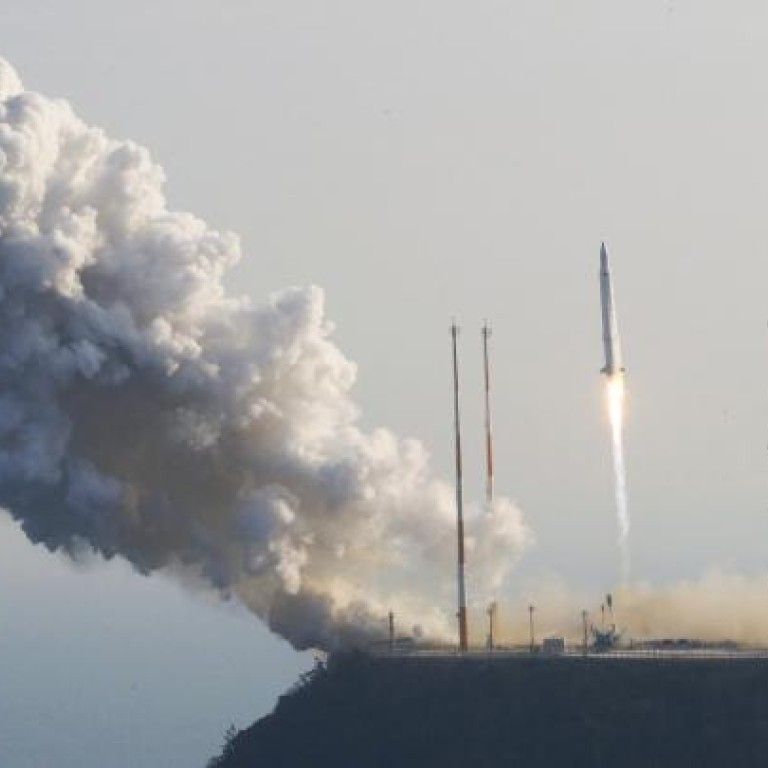
Seoul joins the global space club as it puts first satellite into orbit
After repeated failures, South Korea finds success
South Korea launched a satellite into space from its own soil for the first time yesterday, a point of national pride that came weeks after arch-rival North Korea accomplished a similar feat to the surprise of the world.

"After analysing various data, the Naro rocket successfully put the science satellite into designated orbit," said Science Minister Lee Ju-ho. "This is the success of all our people," he said.
Initially scheduled for October 26, yesterday's launch had twice been postponed for technical reasons. The delay meant that rival North Korea was able to claim a rare technological victory over the South by launching a satellite into orbit on a three-stage rocket on December 12.
South Korea was a late entrant to the high-cost world of space technology and exploration. Its repeated failures had raised questions over the feasibility of the country's launch programme.
"This success has put the country's entire rocketry programme back on track," said independent space analyst Morris Jones. "They were under enormous pressure, given the earlier failures and the North's success last month, and this will give them confidence and, of course, secure critical political and financial support."
But South and North Korea remain way behind Asian powers with a proven track record of multiple launches such as China, Japan and India.
President Lee Myung-bak hailed the launch, saying in a message: "We took the first step toward opening an era of space science in earnest. We should take this opportunity to elevate [South Korea's] national power by a notch."
Following the launch, Kim Seung-jo, president of the Korea Aerospace Research Institute, said it could have an operating prototype as early as 2018.
It is still unclear if South Korea intends to commercialise its launch vehicles once an indigenous carrier is developed.
